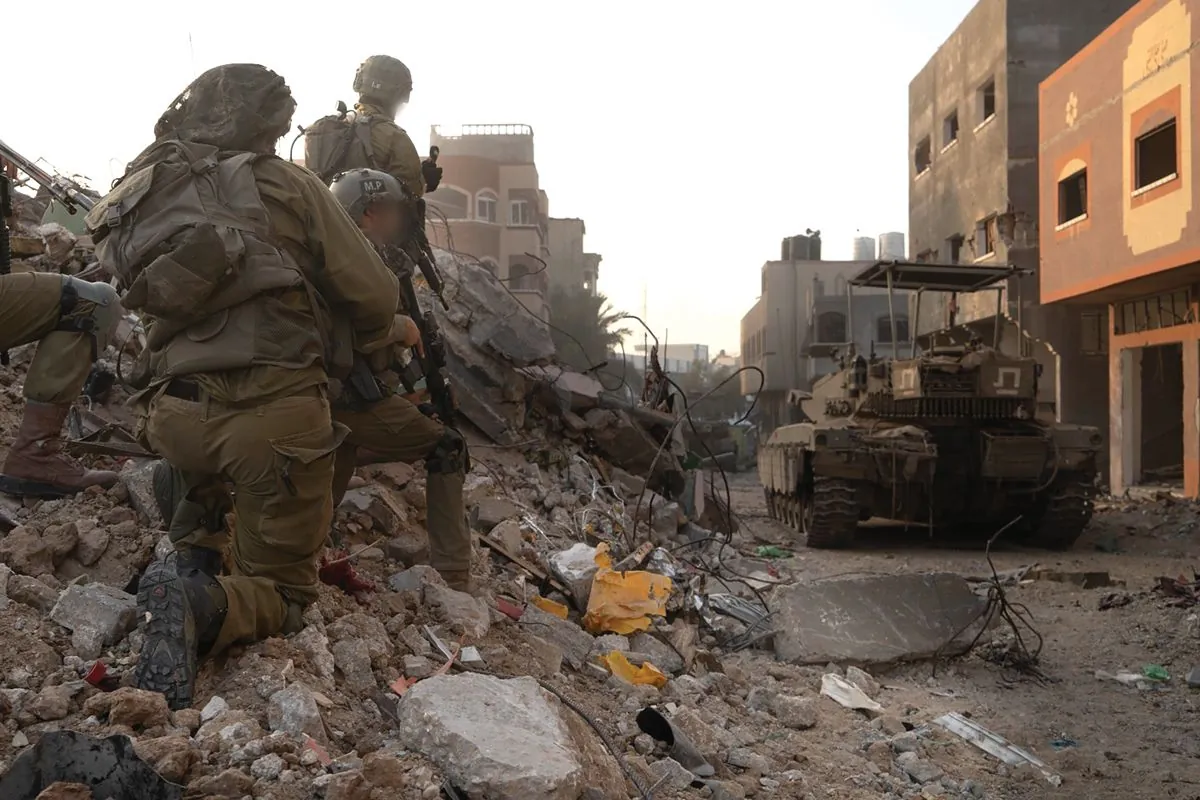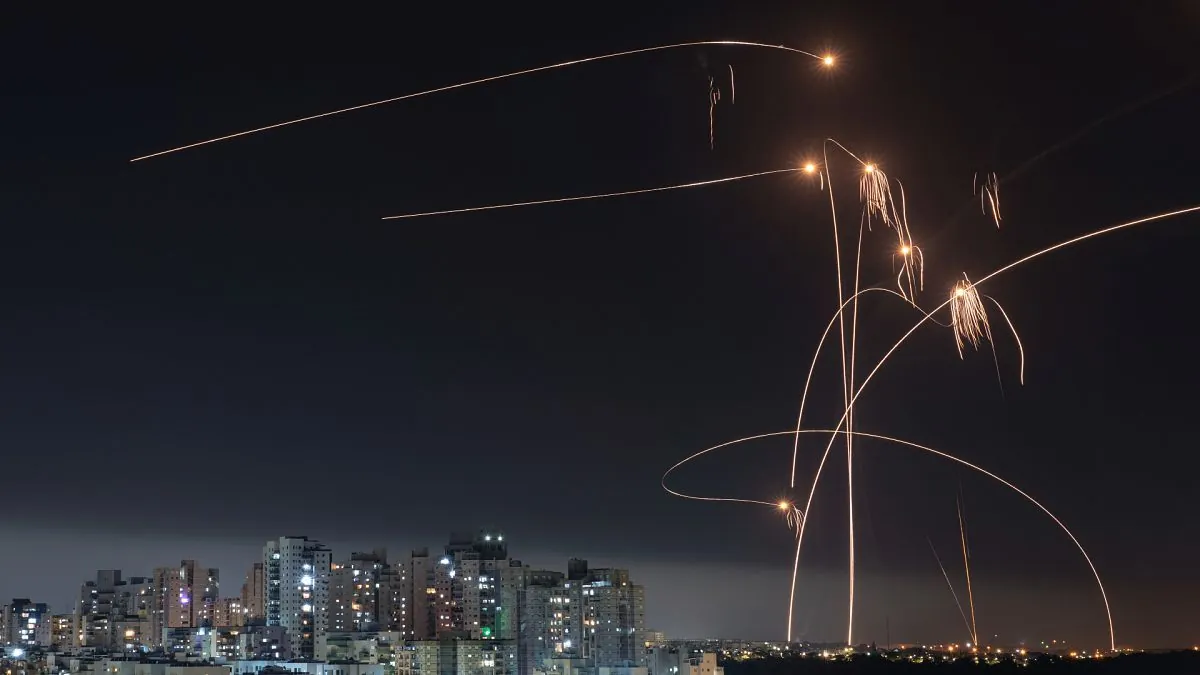Israel's Strategic Shift: A Year After Hamas Attack
Israel's position strengthens post-Hamas attack, with successful operations against Iran and proxies. U.S. seeks to prevent escalation as Israel weighs response to Iran's missile strike.

In the year following Hamas's October 7, 2023 attack, Israel has significantly bolstered its strategic position. This shift marks a dramatic turnaround from the vulnerability exposed during the assault, reminiscent of the challenges faced in the 1973 Arab-Israeli War.
Israel's military operations have targeted senior commanders of Iran's Islamic Revolutionary Guard Corps (IRGC), established in 1979, and key Hamas figures. These actions have extended to neutralizing Hezbollah leadership, a group founded in 1985, demonstrating Israel's reach and technological superiority.
The effectiveness of Israel's defense capabilities was highlighted on October 1, 2024, when Iran launched an unprecedented ballistic missile attack against Israeli targets. Israel's multi-layered air defense systems, including the Iron Dome deployed in 2011 and the Arrow system operational since 2000, successfully intercepted the threats, resulting in minimal damage and no Israeli casualties.

This event has sparked debate within Israel about the appropriate response. Some, like former Prime Minister Naftali Bennett, advocate for decisive action against Iran, viewing it as an opportunity to reshape regional dynamics. Others caution against overconfidence, recognizing the ongoing challenges posed by Hamas and Hezbollah.
The situation presents a complex diplomatic challenge for the United States, particularly for President Biden and Vice President Harris. With the U.S. presidential election scheduled for November 5, 2024, the administration is working to prevent a wider conflict that could have significant political ramifications.
"The Iranian missile strike against Israel only exposed the lack of leadership from the Biden-Harris administration and pushed the world closer to a global catastrophe."
The timing of Iran's attack may be strategically calculated, potentially banking on U.S. reluctance to engage in a broader conflict so close to the election. This puts Washington in a delicate position, needing to support its ally while avoiding escalation.
Iran's response, while unprecedented in scale, appears calibrated to avoid triggering all-out war. This approach aligns with efforts by Iran's new administration, led by President Masoud Pezeshkian, to potentially reopen nuclear negotiations with the U.S. in exchange for sanctions relief.
President Biden has expressed opposition to an Israeli strike on Iran's nuclear facilities, instead proposing new sanctions in coordination with G7 allies. This stance reflects the administration's attempt to balance support for Israel with the prevention of a larger regional conflict.
As Israel contemplates its next moves, the international community watches closely. The decisions made in the coming days and weeks will significantly impact the region's stability and potentially reshape the geopolitical landscape of the Middle East for years to come.


































